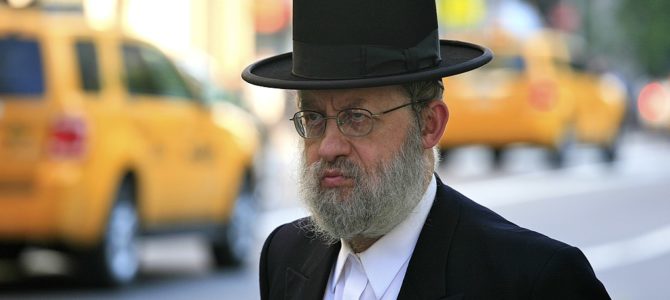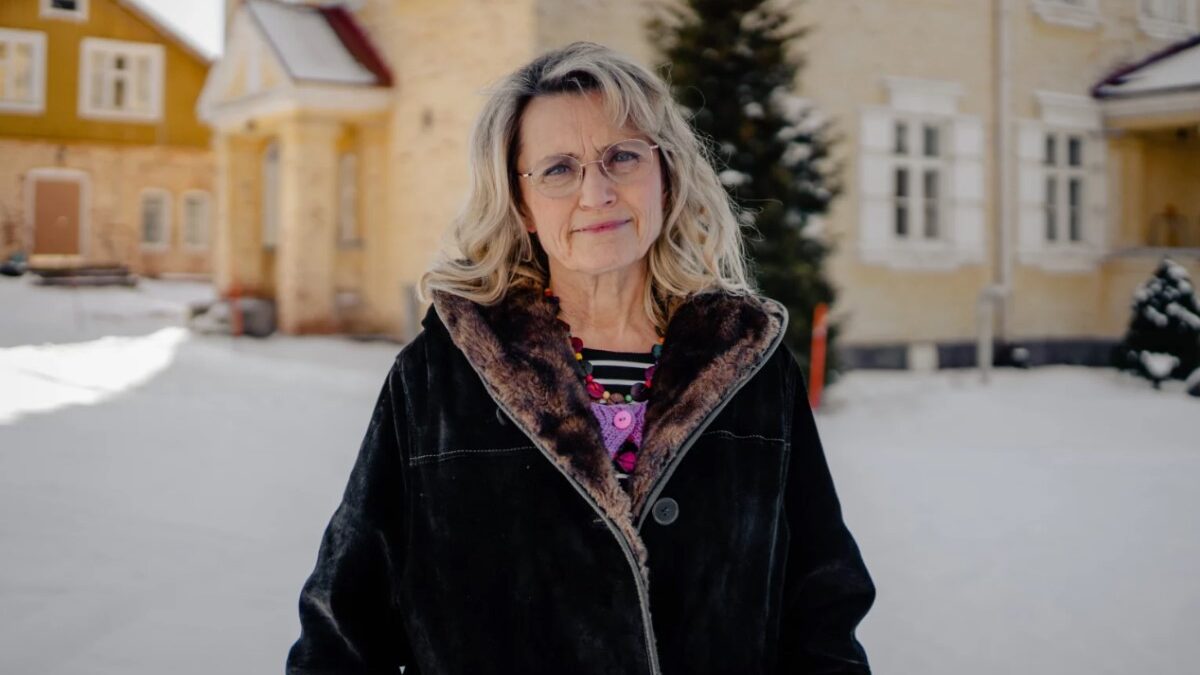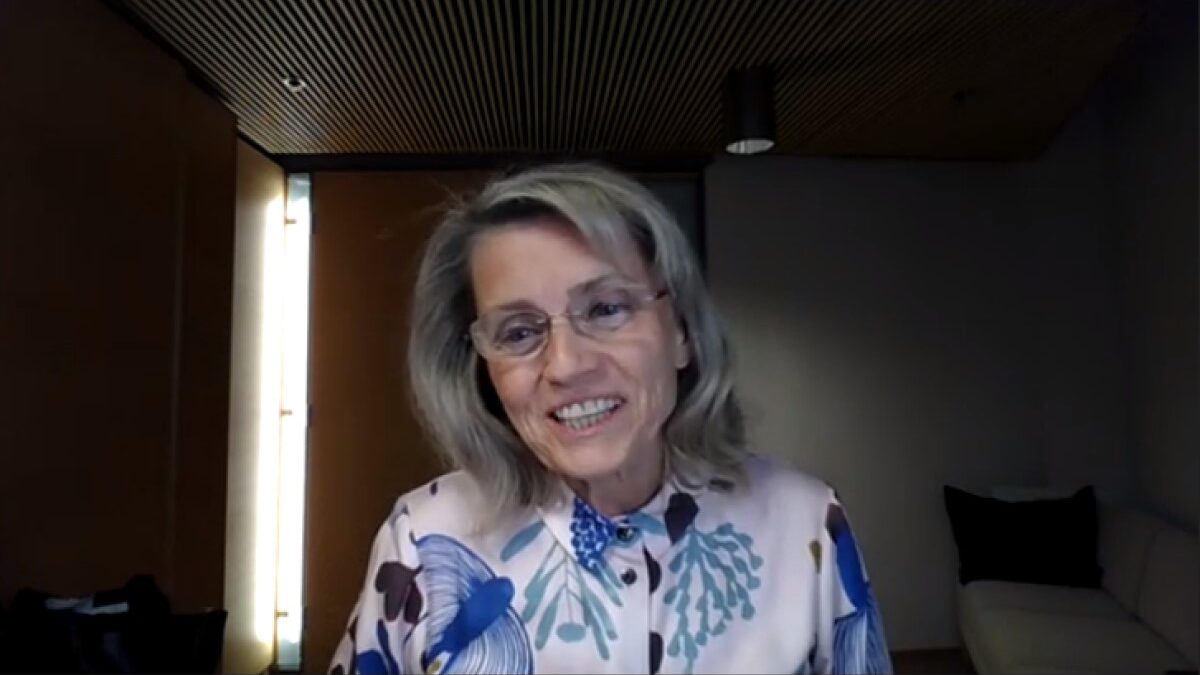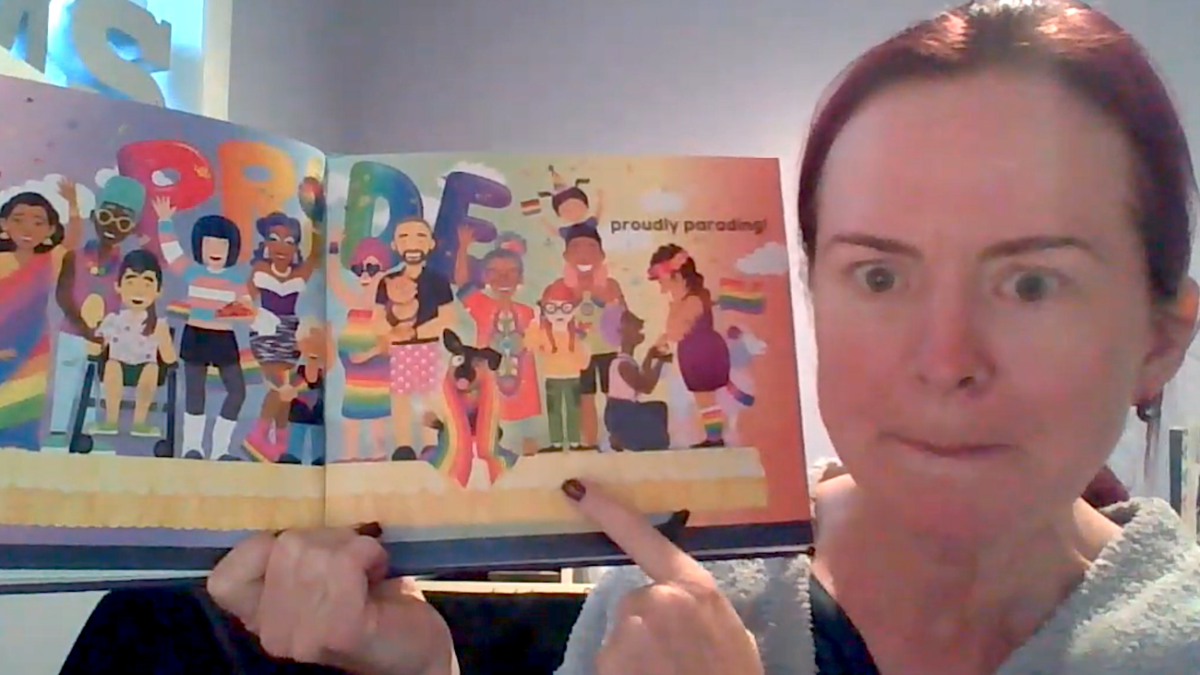
Imagine you’re in your home, surrounded by friends and family, peacefully celebrating your faith tradition’s most significant holiday. Suddenly an armed stranger enters and attempts to kill you and your guests—quite possibly because he hates your religion.
That nightmare became true just weeks ago in an American suburb, when a man wielding a machete forced his way into a Jewish rabbi’s home and attacked guests at a Hanukkah gathering in New York. This is not an isolated incident, either. In just one week in December, there were nine violent attacks on Jewish communities and individuals in America.
Let that sink in: Despite our country’s heritage of protecting and promoting religious liberty, our fellow Americans are daily being threatened and attacked because of their religious beliefs.
In an op-ed for CNN after the Hanukkah attack, Frida Ghitis wrote, “Anti-Semitism is a symptom of a larger societal problem. Sure, when Jews are unsafe, it is they who are most at risk, but Jews are the canary in the coalmine, an early warning sign of a community or a nation losing its moorings.”
So what larger societal problem are these attacks a symptom of? They are, quite simply, an indication that we in America have lost sight of the basic freedoms that our nation was founded upon—especially freedom of religion. We are perilously close to losing the vision of our nation as a place where people with different convictions can live side by side in peace and tolerance.
Identity Politics Coincides with Intolerance
Even as some have discarded the ideals of religious liberty and freedom of conscience, Americans have increasingly embraced the divisive and toxic ideology of identity politics, which pits groups against each other and drives people not towards tolerance, but towards discrimination and resentment.
In an interesting correlation, even as violence against religious minority groups escalates, fewer and fewer Americans identify as part of a religious community. This year, one survey found that for the first time, religious “nones”—people who identity with no religion—make up as large a segment of American society (23.1 percent) as evangelicals (22.5 percent) or Catholics (23 percent), the two largest religious groups. “Nones” are consciously disassociated from religion—and in its place, many of them have embraced identity politics.
Identity politics lumps people into particular political and social “tribes” based on fragments of their “identity” such as sex, race, and socioeconomic status. It then frames all political discussions in terms of “oppression,” with a hierarchy of tribes based on who claims to be most oppressed, and pits groups against each other in a struggle for power.
Rather than calling people to serve a higher authority and to serve others, no matter how different they are, it tries to blame one group’s problems on another group. This makes it very difficult for people to have empathy and understanding for individuals outside their groups.
Rather than Equal Treatment, Selective Outrage
Identity politics is all-consuming. It demands total loyalty from its followers, even if that means turning a blind eye to atrocities against members of other groups. During 2019, Jews suffered a heinous number of attacks, as documented by journalist David French. But, as French noted, “The wave of attacks don’t fit the story of our time.”
These attacks do not further the narrative of identity politics, so they receive very little media attention and generate little outrage—much less outrage than if a similar attack took place against another group with a higher rank in the current identity politics hierarchy. Consider these lines from “An Open Letter on Identity Politics, to and from the Left,” published in Medium in 2016: “all politics are identity politics. […] Viewpoints which attack ‘identity politics’ directly attack marginalized people. […] they are biased in favor of white, male, straight, Christian or cisgender people.”
It is not only religious “nones” who are susceptible to the resentment and divisiveness of identity politics. This toxic cultural movement has made it more difficult for every American, religious or non-religious alike, to engage with people who look or feel different than us. As a nation, we are becoming less tolerant. As the recent violence showed us, that puts people who hold unpopular views—like Orthodox Jews—in danger.
I’ll Tolerate You Only If You Agree With Me
Orthodox Jews encourage modesty, limit their exposure to popular culture, and hold traditional beliefs about marriage, gender, and sexuality. Orthodox Jews do not try to hide their convictions. They live their beliefs openly through their clothing, diet, and daily lives.
But in contemporary America, the hard reality is that living out our convictions can put religious people and communities at risk. The leftist culture-shapers who claim to champion “tolerance” and “ending discrimination” push for toxic identity politics that make true tolerance impossible.
The connection between leftism, which is entirely on board with identity politics, and antisemitism is not a new one. In 2017, Time published an article titled, “Anti-Semitism Is Creeping into Progressivism.” This past year, far-left politician Rep. Ilhan Omar made numerous openly antisemitic and anti-Israel comments but suffered no long-term political ramifications. Incredibly, Omar was even defended for her comments by members of her political party.
Time to Choose a Better Way
We are at a crossroads. One path follows the siren call of identity politics as it continues to pit us against each other, leading to a devastating loss of true freedom and tragic consequences for minorities. As French writes, “We should also understand that when the politics of the age becomes a politics of resentment, especially a conspiratorial politics of resentment—the story of what ‘they’ did to ‘us’—then history teaches us that radicals disproportionately identify ‘they’ as Jews.” This could be what we see happening right now—and, as Ghitis warns, intolerance against Jews indicates a much larger social problem.
But we can choose another path: one that leads towards a society of true tolerance, based in respect for our differences. True tolerance must always be rooted in respect, and that includes respect for those we do not understand and do not agree with, even if their beliefs offend us or make us uncomfortable.
This path towards a truly tolerant society is one that Americans have striven to walk since the founding of our nation. Even though we have stepped off of it time and time again, it is a path laid out for us in the Constitution and Bill of Rights, which guarantee protections for basic freedoms like freedom of religion.
The idea of true tolerance goes hand-in-hand with freedom of religion, because it springs from the religious idea that our human dignity and freedom of conscience comes from God, and that it cannot be coerced by government. That kind of freedom benefits the religious and non-religious and demands that we respect those whose faith is different from our own.
Freedom of Religion Is the True Tolerance
The recent string of violence against Jews brought to mind the first time I toured the Holocaust Museum in the early 1990s. I had never been confronted so graphically with the sweeping persecution that devastated the Jewish community during the 1930s and 1940s. That persecution began much earlier than the infamous concentration camps and employed much broader means.
At the end of that museum tour I read Martin Niemoller’s lament that, because he had refused to stand for those outside of his own group, there was no one left to stand up for him. I remember thinking, “How did we not stop this?”
Today, we face a similar question. While we may be in a season where fewer people understand or adhere to religion, we cannot survive as a culture if we do not respect people whose faith looks different from our own. And we cannot allow this kind of violence to continue.
A quote attributed to Dietrich Bonhoeffer says it best: “Silence in the face of evil is evil itself.” We cannot remain silent; we cannot continue down this terrible road of intolerance, division, and violence. It is upon all of us to ensure that no one is prevented from living consistently with his time-honored beliefs in the public square simply because of how unpopular those beliefs may currently be.









